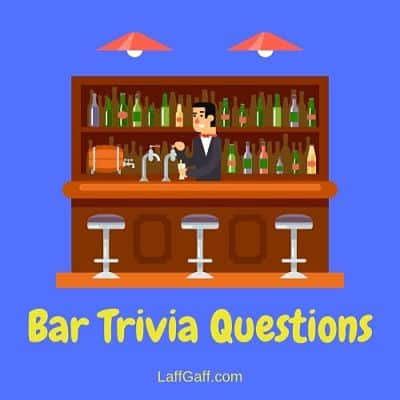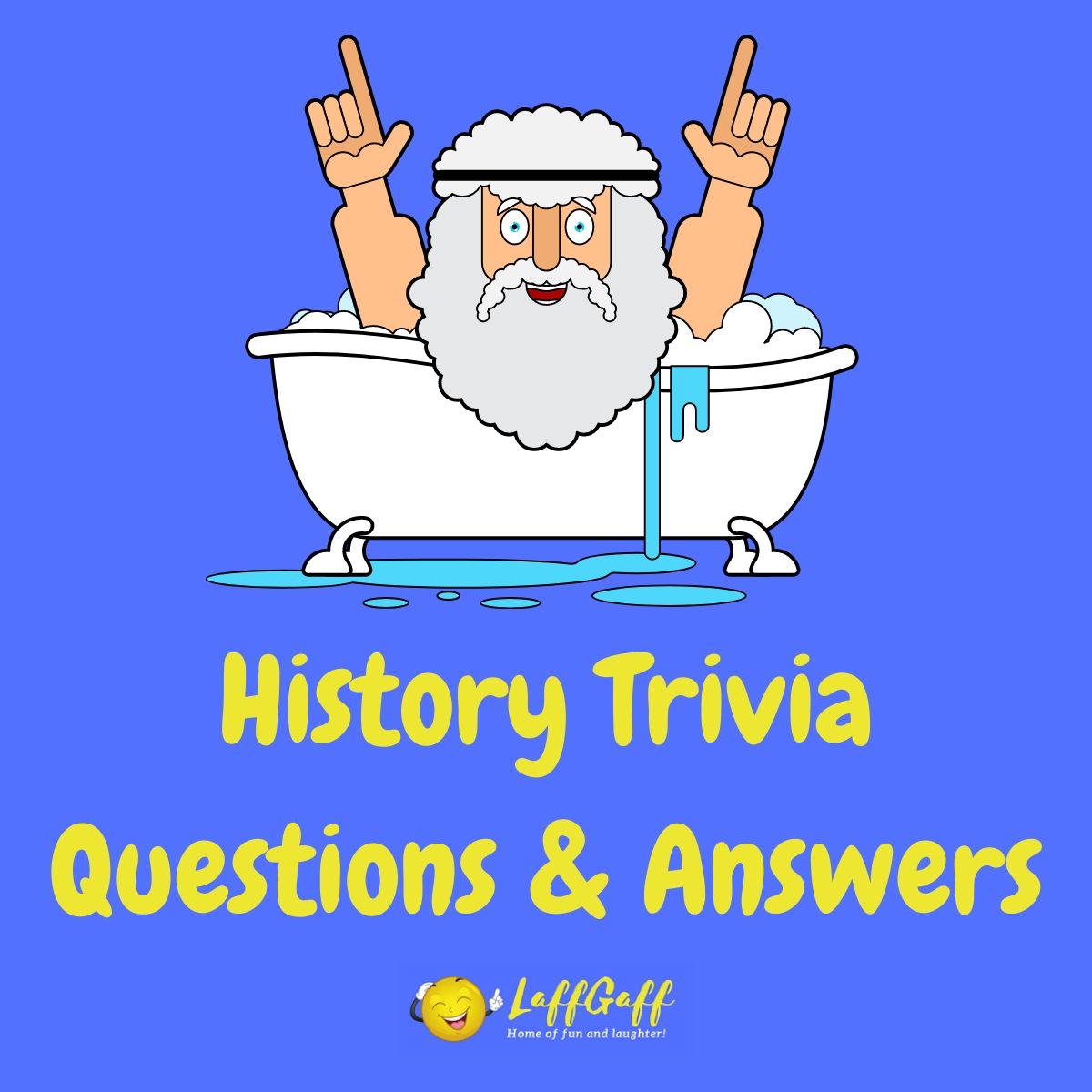Question: Which U.S. Secretary of State won the Nobel Peace Prize in 1973?
Show answer
Henry Kissinger.
In 1973, the Nobel Peace Prize was awarded to Henry Kissinger, who was serving as the United States Secretary of State at that time. This prestigious award was given in recognition of his significant efforts in negotiating ceasefires during the Vietnam War, particularly for his role in orchestrating the Paris Peace Accords.
Henry Kissinger, born in 1923 in Germany and a naturalized American citizen, became one of the most influential figures in U.S. foreign policy during the 20th century. He served as National Security Advisor and later as Secretary of State under Presidents Richard Nixon and Gerald Ford. His approach to foreign policy was marked by a realist perspective, focusing on balancing power rather than necessarily adhering to ideological principles. This pragmatic approach defined much of his diplomatic work during a tumultuous period in international relations.
Kissinger’s Nobel Peace Prize was specifically for his role in the Paris Peace Accords, an agreement intended to bring about a ceasefire in the Vietnam War and a withdrawal of American forces. The negotiations were complex and protracted, involving multiple parties with conflicting interests. Kissinger’s involvement was pivotal in achieving the eventual agreement, signed in January 1973, which temporarily halted direct U.S. military involvement in Vietnam and was hoped to lead to a lasting peace in the region.
However, Kissinger’s receipt of the Nobel Peace Prize was and remains controversial. Critics argued that his policies during the Vietnam War and other international interventions contributed to significant civilian suffering and destabilization. The secret bombing campaigns in Cambodia, support for military regimes, and involvement in events like the 1973 Chilean coup were among the contentious aspects of his tenure. This criticism was so pronounced that the decision to award Kissinger the Nobel Peace Prize led to two members of the Nobel Committee resigning in protest.
Despite these controversies, Kissinger’s impact on international diplomacy and U.S. foreign policy is undeniable. His strategy of détente with the Soviet Union and his efforts in opening diplomatic relations with the People’s Republic of China are among his most notable achievements. These actions had profound and lasting effects on the global balance of power and the direction of the Cold War.
Kissinger’s career and the Nobel Peace Prize itself illustrate the complexities and contradictions often inherent in international diplomacy and peacemaking efforts. His contributions to ending the Vietnam War, although contentious, were seen by the Nobel Committee as worthy of one of the world’s most prestigious awards.
You may also like:






